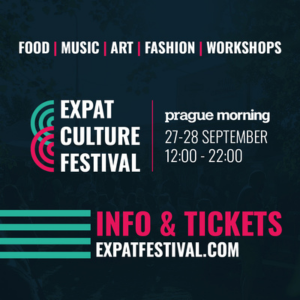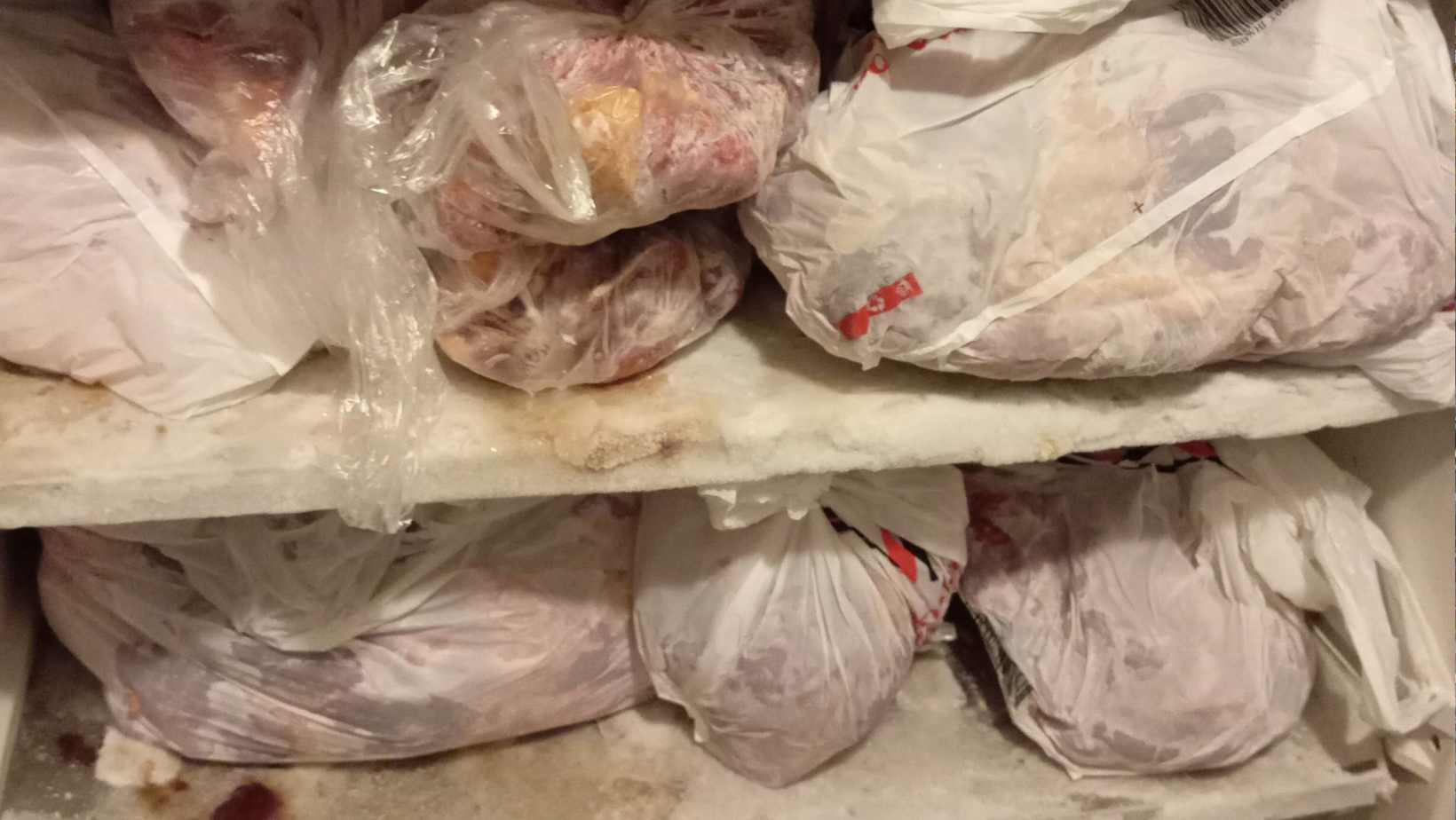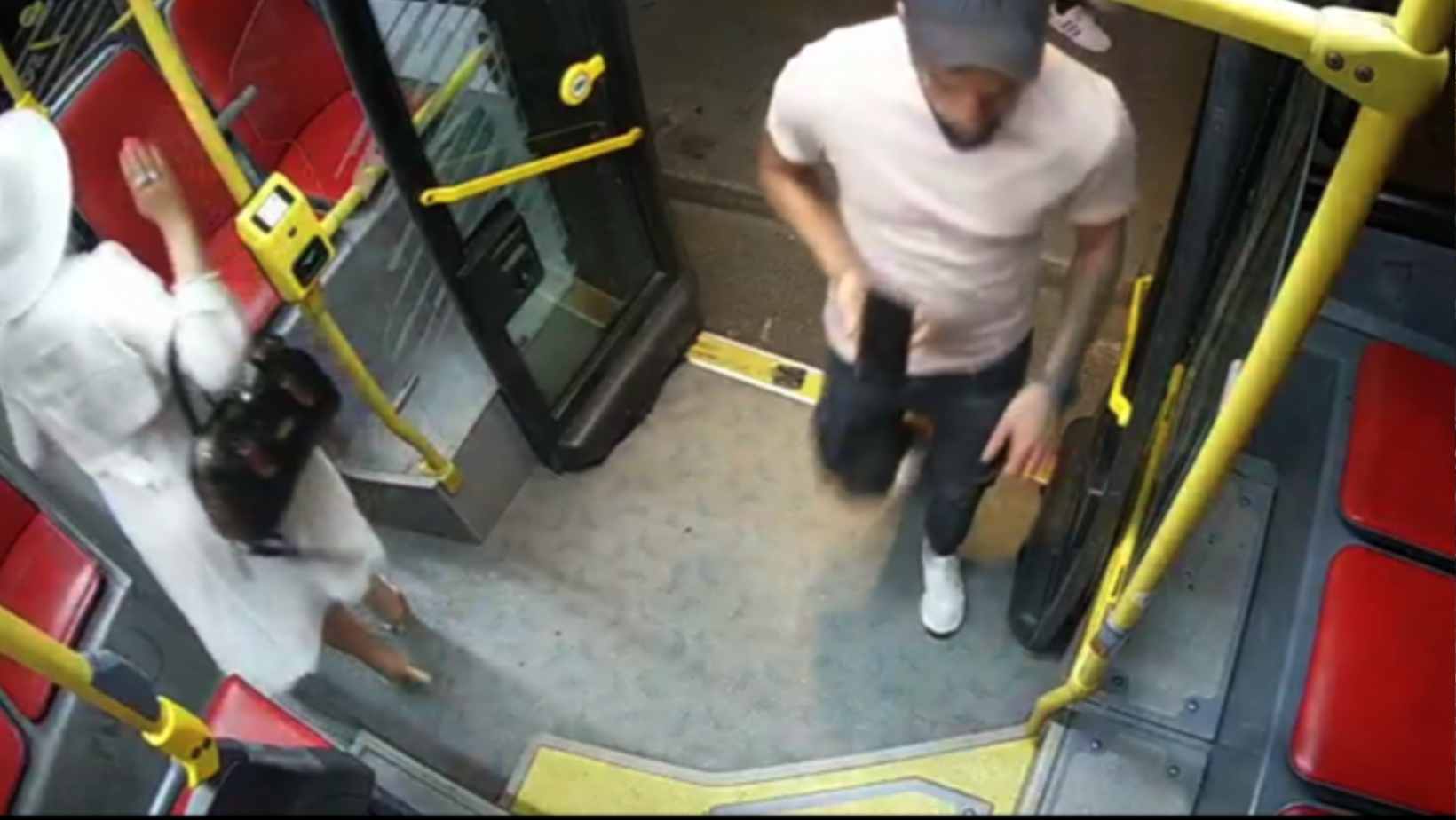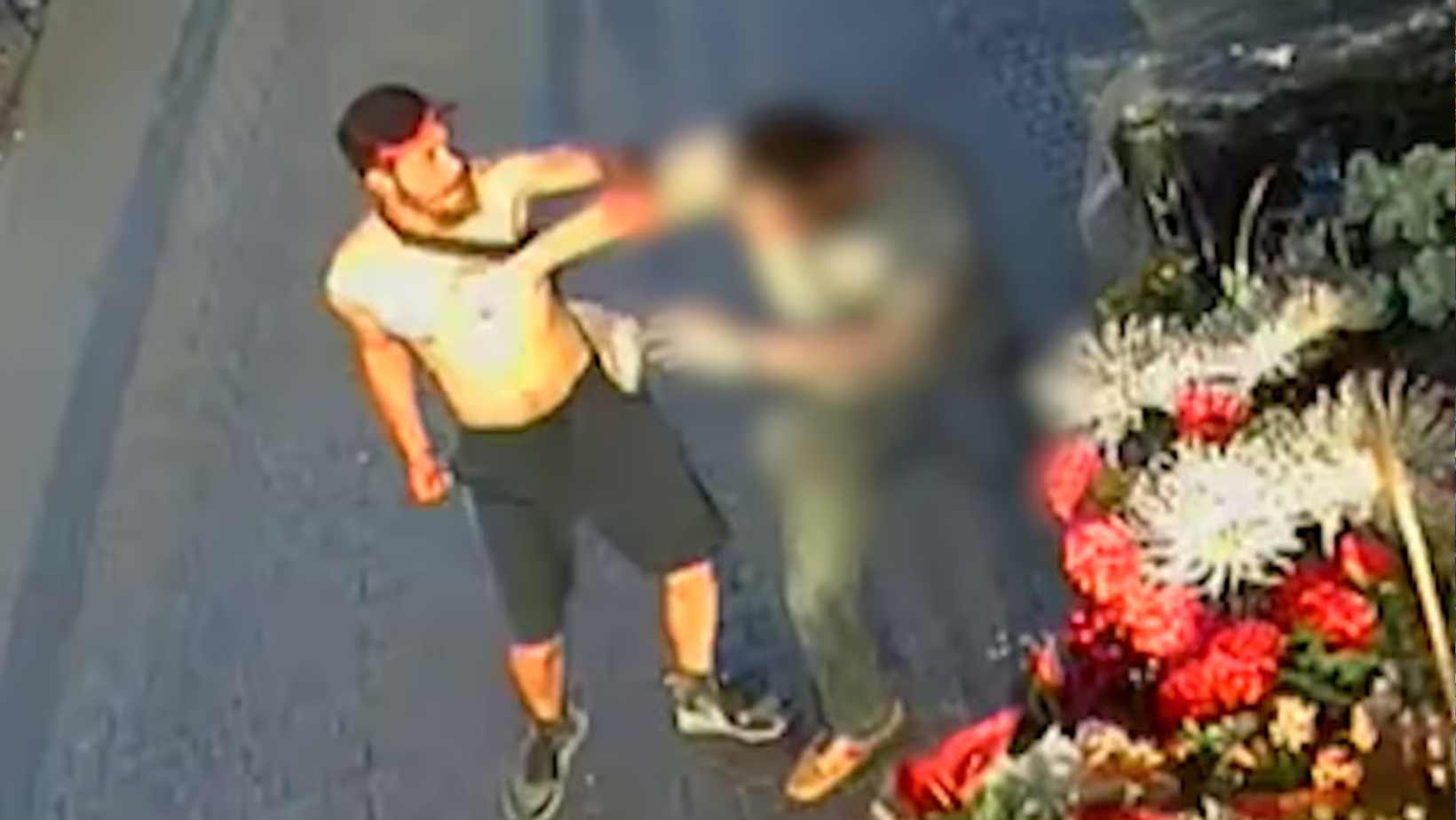Remnant of social realism stands the test of time — and so does its name
It has borne many names, among them Hotel Družba (Friendship), Hotel Čedok, Hotel Holiday Inn and Hotel Crowne Plaza Prague.
But for most of its nearly 50-year existence, the 88-meter tall luxury accommodation establishment in Prague’s upper-class Dejvice neighborhood was known as Hotel International, and it is a name to which its latest owners have now returned after two decades.
The only Stalinist building of its size in Prague, construction of the hotel started shortly before the deaths of the longtime Soviet leader and his man in Eastern Europe, Czechoslovakia’s first communist president, Klement Gottwald.
The development of the hotel was the idea of the country’s defense minister at the time, Alexej Čepička, who wanted to have a hotel built that would epitomize the newly formed Czechoslovak Republic and boast its rapprochement with the communist Soviet Union to the east.
The building was completed in 1956 (around the same time Čepička was getting blamed for the cult of personality around Gottwald, who was also his father-in-law, and was purged by being demoted to a job in the government patent office), but finishing touches on the decorations inside were still being carried out a year later.
Complete with a giant star, glazed in ruby-red glass, which signaled its communist origins, the building was first called Hotel Družba (the square in front of the hotel was náměstí Družba from 1958 to 1990 and today is part of the street Jugoslávských partyzánů) and then tentatively Hotel Čedok (after Czechoslovakia’s nationalized travel agency of the same name), while a competition was launched to find a new name that would come from the general population; in the end, “Hotel International” was selected.
After the Velvet Revolution of 1989, the hotel was taken over by the Holiday Inn group, and the crimson communist remnant on the tower was painted green to mirror the color of the hotel chain. In 2007, the star was removed and painted gold, which is the color it still retains today.
Around the time of the 1968 occupation of Czechoslovakia by Warsaw Pact armies allied with the Soviet Union, the U.S. film The Bridge at Remagen, set during World War II, was in production in the country, and actor Ben Gazzara was starring in one of the lead roles. He was staying at Hotel International, and in his 2004 memoir, In the Moment: My Life as an Actor, he describes the invasion as follows: “I started hearing strange rumblings, then jet planes zooming overhead.
I looked out the window and saw tanks — lots of them — moving into position below us. … I called the front desk to ask what was going on. The kindly telephone operator told me. ‘It’s the Russians. They’ve come like the Germans in 1939. They’ve come to kill our freedom.’ She was crying. ‘Poor Czechoslovakia’,” she said.
The production’s cast and crew were all moved to this hotel, where they stayed for a week before receiving permission to travel to Austria.
On July 1, 2014, the establishment returned to the Hotel International name, a decision in part consequent upon its departure from the InterContinental Hotels Group chain.

Indeed, despite its storied history and its imposing facade, the hotel’s fame, especially among younger Czechs, comes from its appearance in Jan Hřebejk’s musical comedy film Šakalí léta, also known under its English title Big Beat (literally, the title means “The Years of the Jackal”). The film is set in and around the hotel in the late 1950s, just after it opened.
While other giant icons of the time, such as the Stalin Monument or Hotel Praha, both within easy walking distance, have been demolished over time (the former in 1962, the latter earlier this year), Hotel International has remained in all its social realist glory.
In spite, or perhaps because, of its ideologically tainted origins, it keeps on intriguing the city and its tourists and will likely do so for many years to come.

-
NEWSLETTER
Subscribe for our daily news











